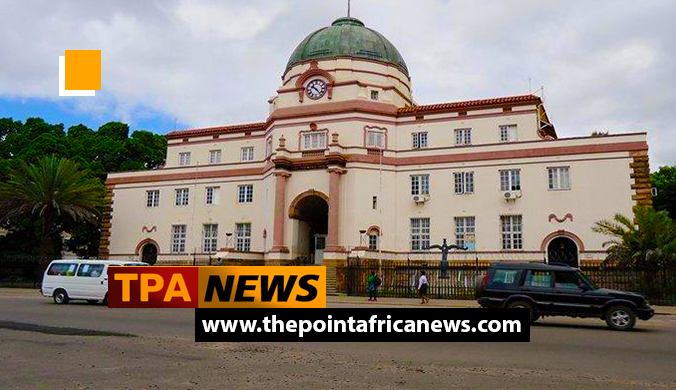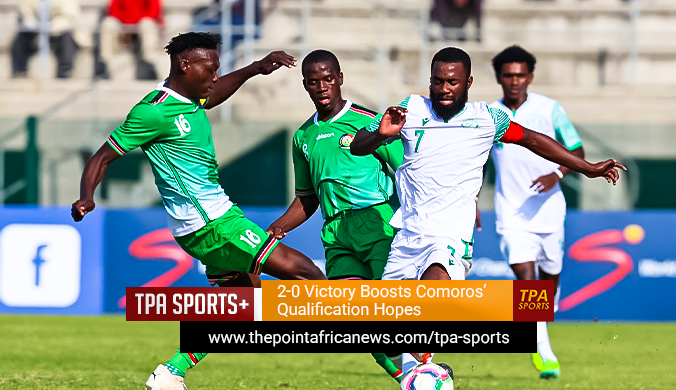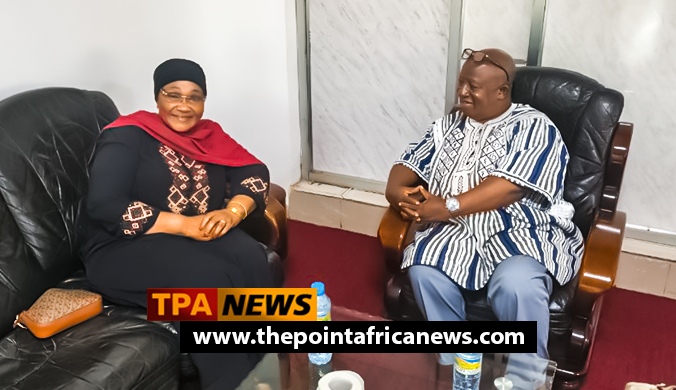
The Bulawayo High Court has rejected an urgent application by Zimbabwe’s opposition party, ZAPU, seeking to halt ongoing public hearings into the Gukurahundi massacres—one of the darkest chapters in the country’s post-independence history.
Justice Munamato Mutevedzi ruled on Monday, July 1, 2025, that the application lacked merit and urgency, paving the way for hearings to proceed across Matabeleland and Midlands regions. The hearings are being conducted under the auspices of the National Council of Chiefs and are part of a reconciliation effort initiated by President Emmerson Mnangagwa’s government.
ZAPU had argued that the hearings, led by traditional chiefs without independent oversight, are unconstitutional and politically compromised. The party said the process lacks transparency, risks retraumatizing survivors, and fails to hold perpetrators accountable.
“The chiefs are not neutral parties,” said ZAPU’s legal adviser, Vuyo Mpofu. “This entire process risks legitimizing a state narrative that denies justice to victims.”
Between 1983 and 1987, an estimated 20,000 people—mostly ethnic Ndebeles—were killed by the Fifth Brigade, a North Korean-trained military unit deployed by the late President Robert Mugabe’s administration. Then-State Security Minister Emmerson Mnangagwa has long been linked to the operation, although he has since called for healing and dialogue.
President Mnangagwa launched the current reconciliation framework in 2019, promising truth and closure. The hearings officially began in June 2025 after years of delay. Chief Mtshane Khumalo, chairperson of the National Council of Chiefs, confirmed that logistical challenges had been addressed and that traditional leaders are now conducting community-level sessions.
Observers remain divided. Civil society organizations have raised concerns over the legal framework and lack of prosecutorial authority, fearing the hearings may serve more to manage public memory than deliver justice.
ZAPU President Sibangilizwe Nkomo, son of the late nationalist leader Joshua Nkomo, expressed disappointment with the ruling but vowed to continue pursuing alternative legal and political avenues. “Our fight is for a credible, victim-centered process that leads to real accountability,” he said.
The hearings will continue in affected communities, where survivors are expected to share testimonies that could shape future recommendations on reparations and national healing. However, the absence of a clear justice mechanism continues to cast doubt on whether Zimbabwe is ready to fully reckon with its painful past.
By: TPA News Desk | editor@thepointafricanews.com







Leave a Reply